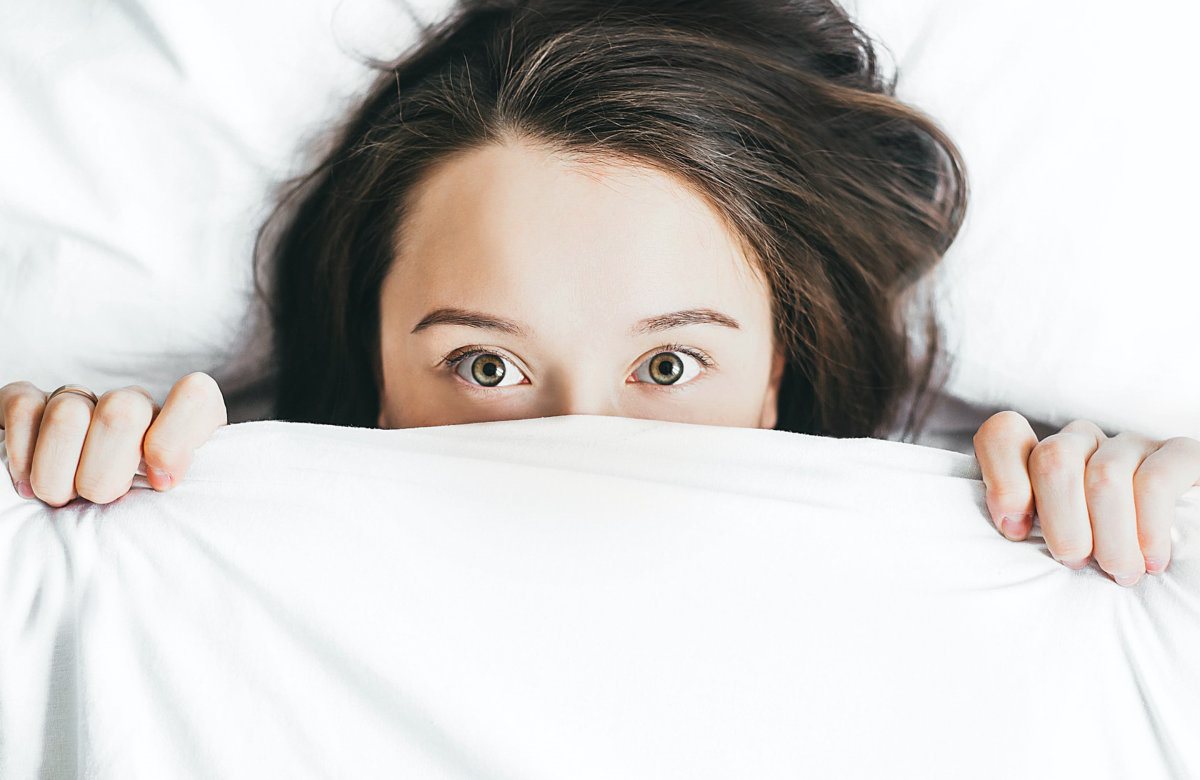More people admit they’re unhappy with the quality of their sleep and the effect it is having on their ability to function daily, according to our latest survey.
With partners Sleepstation, we surveyed more than 2,700 people to find out the current state of the nation’s sleep during Covid-19.
The National Sleep Survey findings revealed
- Close to half of the respondents (43%) are now finding it harder to fall asleep, with unease around the current situation affecting sleep for three quarters of people (75%)
- More than one in 10 people (12%) are experiencing severe symptoms of depression, with women much more likely to report depressive symptoms in the moderate-severe range than men
- Alarmingly over three quarters (77%) say lack of sleep is interfering with their ability to function in the day (daytime fatigue, concentration, mood)
- Women are suffering more than men with anxiety around coronavirus, and are twice as likely to report feeling stressed compared to men
- Women also report having more vivid dreams
Sleeping well is crucial to our physical and mental health and wellbeing. With people experiencing signs of depression and reporting that lack of sleep is impacting on their mood, concentration and how tired they feel in the day, we need the government to take action.
We have been exposed to lots of government advice around diet, exercise and how to look after our mental health during these challenging times. However, we’ve not heard anything concrete around sleep – and it has never been more important.
We also found that the coronavirus was affecting all aspects of sleep. Nearly four in 10 people (39%) are now going to bed later but also believe that the amount of sleep they get is shorter than normal. Nearly a third (30%) are also waking earlier. Significantly, women find it harder to fall asleep (46%) with men more likely to report no change or slightly longer sleep duration.
Five weeks into lockdown, close to half (45%) found there is no change to how difficult they find it to stay asleep. However, the other half (46%) of respondents found that it is becoming increasingly more difficult to stay asleep, suggesting that this problem could get worse as lockdown continues. And women (40%) – who already find it harder to fall asleep – also have greater difficulty staying asleep than men (33%).
Given that millions of Brits have been impacted by the coronavirus in some way, it’s no wonder three quarters of those surveyed feel ‘corona-anxiety’ is affecting their sleep.
Women (41%) are almost twice as likely to report this feeling than men (26%) – this may be down to juggling ‘home schooling’ and working from home. Sleep is hard when anxiety levels are high.
The survey findings come amid rising concern that these unprecedented times are causing a surge in sleep issues. A lack of support, or lack of awareness of the help available for those issues, could have a lasting impact on the people of Britain.
Not surprisingly, an inconsistent sleep schedule, coupled with stress, is leading to a number of issues around sleep. What’s troubling to learn is that more than half of the respondents are unsure where to go for help. With 41% considering themselves to have a sleep problem, this is of particular concern for services that are ready and able to offer help.
Other findings revealed:
- Three quarters (75%) think how they sleep affects how they feel about the Covid-19 pandemic
- Nearly three in every 10 people (26%) said waking too early was worse now than before
- More than a third (33%) are experiencing more vivid dreams but a third (37%) also reported that dreams were no more vivid than usual

